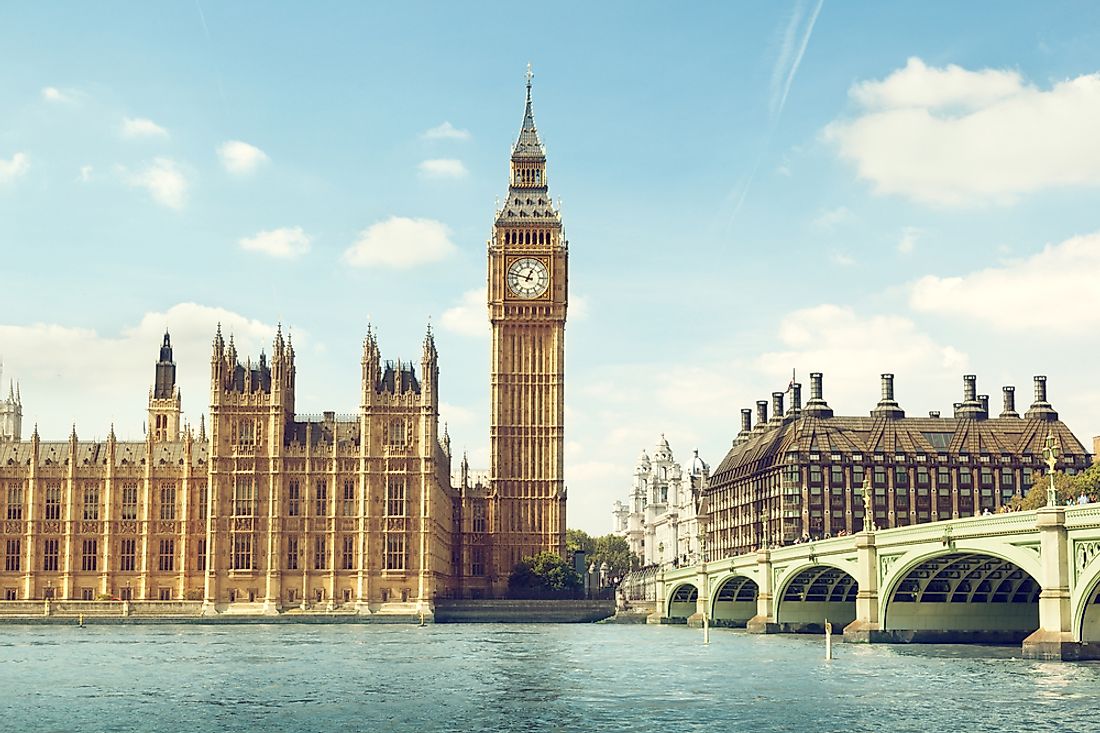How Did London Get Its Name?

The city of London has one of the longest and richest histories in the modern world. Despite having continuous settlement for centuries, very little is known about the word’s origin. Many historians believe that the city's current name comes from Londinium, a name that was given to the city when the Romans established it in 43 AD. The suffix "-inium" is thought to have been common among the Romans. Other names used included Londinio, Londiniesi, and Londiniensium. There is, however, heated debate on the reason why the Romans settled for them. The subject has led to the emergence of several theories that aim at solving the puzzle.
Celtic Theories
A theory from William Camden suggested that the name was derived from “Lon” formerly "Llyn," a Welsh word that translates to "grove" and "don" which was once "dun" meaning fort. His theory relies on links to the pre-roman Celtic occupation of Wales. Some scholars have also suggested that the word London could be a combination of the Celtic words Lin, which means "pool" and “dun,” which means "Fortress." Those supporting the Celtic theories point to city names such as Dublin which is considered Celtic for dark pool and Lincoln which was initially known as Lindon in Celtic. The name changed to Lincoln after the fortress settlement as converted to a Colonia.
Pre-Celtic Theories
Richard Coates argues that the original name was derived from the pre-Celtic name Plowonida, an Indo-European compound word. He argues that the name translated to swim river or boat river (Thames River). As the name of a place, it meant "the wide river area" where swimming and the use of a boat were the only means of crossing. According to his theory, the Celts that later occupied the area were unable to pronounce the “p” hence the river became known as Lownida while the settlement was called Lownedonjon. The settlement's name was then converter to Londinium by the Romans.
Mythical Theories
A theory from Geoffrey Monmouth, suggests that the word London relates to the etymology of Britain, which is derived from Brutus. He states that London was founded as the "New Troy" by the Trojan Aeneas who was the great-grandfather of Brutus. A tribe known as the Trinovantes later inherited the legacy. He suggests that the settlement which at one point called Trinovantum was rebuilt by King Lud. Lud later got buried under the Ludgate which is where it gets its name. The city’s name then became Caer-Lud which translates to the fortress of Lud and later evolved to Kaer Llundain and eventually London.
Post-Roman Domination and Modern London
Roman control over the city ended in 410. Germanic tribes called Anglo-Saxons later occupied the area. Alfred the Great settled in the ancient Roman city and enhanced its defenses in 886. The settlement got renamed to Lundenburh which translated to fortified London. The city gradually grew around the site and, Westminster, which was the religious center. Names like Lunden, Lundin, Londoun, and Londen began to emerge after the Norman Conquest. Centuries later the name changed to London. Today London serves as the capital of England and the UK as well as the country's leading financial hub.











